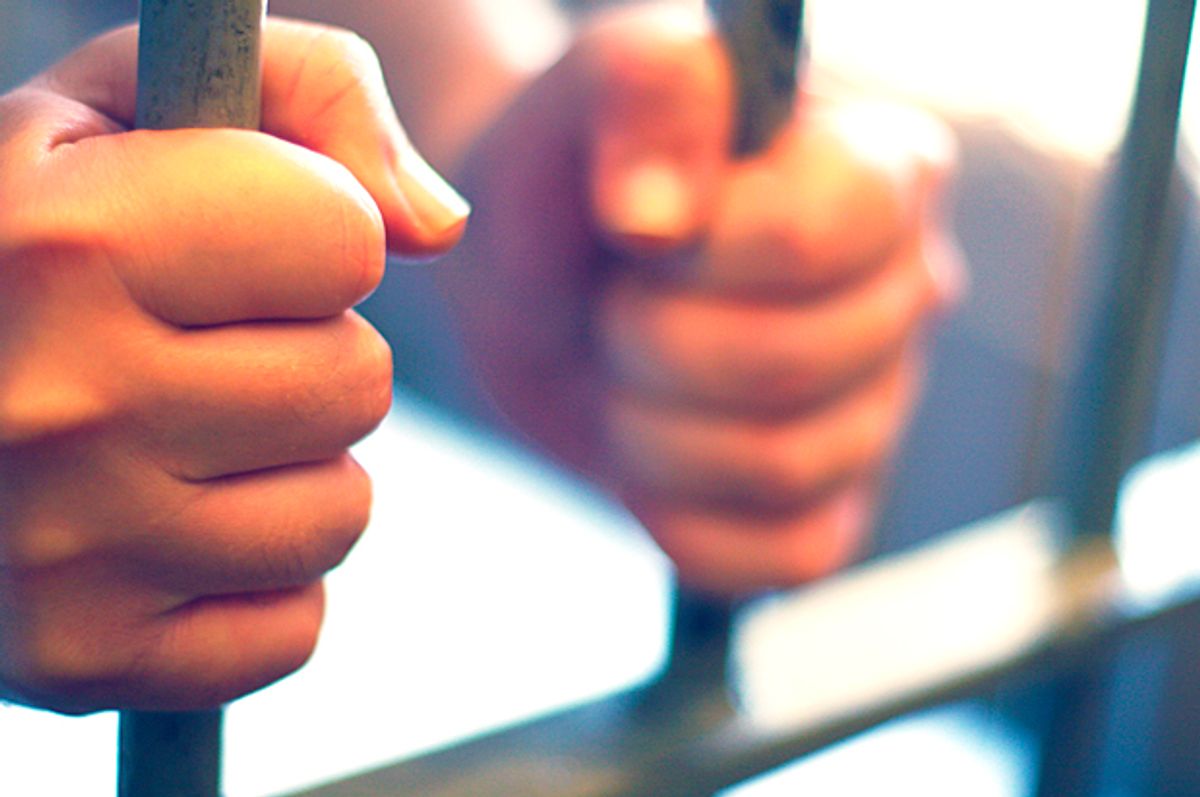
In Arizona, private prisons have been used by the state since the mid 1990s. But in May, the City of Mesa, a southeastern suburb of Phoenix, passed a measure to begin a three-year contract with the private prison company CoreCivic, a company marred in controversy and lawsuits across the country, becoming the first major Arizona city to use private prisons.
Private prisons, or for-profit prisons, are privately owned facilities on government contract to house inmates. As private business operations, they are not beholden to the same standards that government-run facilities are. This raises a number of red flags, including the potential for mistreatment of inmates via physical or sexual abuse, understaffed facilities, overcrowding and an increase in violence among the inmates, among a slew of other problems. Simply stated, private prisons have the potential to violate human and constitutional rights, specifically regarding the fifth, eighth, and even possibly the fourteenth amendments. Having more inmates in prison means more money for the private companies operating them, which creates an undeniable bias that may affect the due process of the inmate. Also, the documented mistreatment and abhorrent circumstances at some of the prisons subject people to punishment that borders on cruel and unusual.
There is also a problem with the nature of the contracts between governments and private prisons. The government ensures keeping the prisons at 90 percent capacity at all times, meaning both the government and the prison are incentivized to convict and imprison people for minor offenses at an increased rate. And because money is the primary motivation for these agreements, few besides the company and the city will benefit.
The federal government last year decided to phase out the use of private prisons, citing many of these reasons, but the new administration has decided to reverse course and pave the way for private prisons to be used again by the Justice Department. Mesa, and the state as well, can apparently overlook the potential for violations of constitutional rights, all for the sake of saving a few bucks. Mesa’s initial report stated the city could save about $2 million annually, though that means other cities within Maricopa County will have to make up for that difference.
Mesa does have some serious budgetary issues and needs to make cuts across the board. Public safety costs, which account for 62 percent of the city’s budget, are on the rise. Mesa law enforcement and fire departments have been inundated with calls for service and are facing position cuts as people wait longer times for help in emergency situations.
But turning to private prisons to make up the $17.5 million budget gap doesn’t solve that problem, and in fact it exacerbates many other problems within the criminal justice system.
Private prisons were meant to alleviate overcrowded public facilities, but instead they add to the total prison population. If the government agency doesn't meet the occupancy clause quota, taxpayers can be liable for millions paying for empty beds, like they were in Arizona when they paid at least $3 million for the state not meeting the quota. Prison reform will not be achieved through privatization. Privatizing prisons does nothing for public safety, and seeing as the role of prison should primarily be to rehabilitate, this is a move in the wrong direction.

Shares